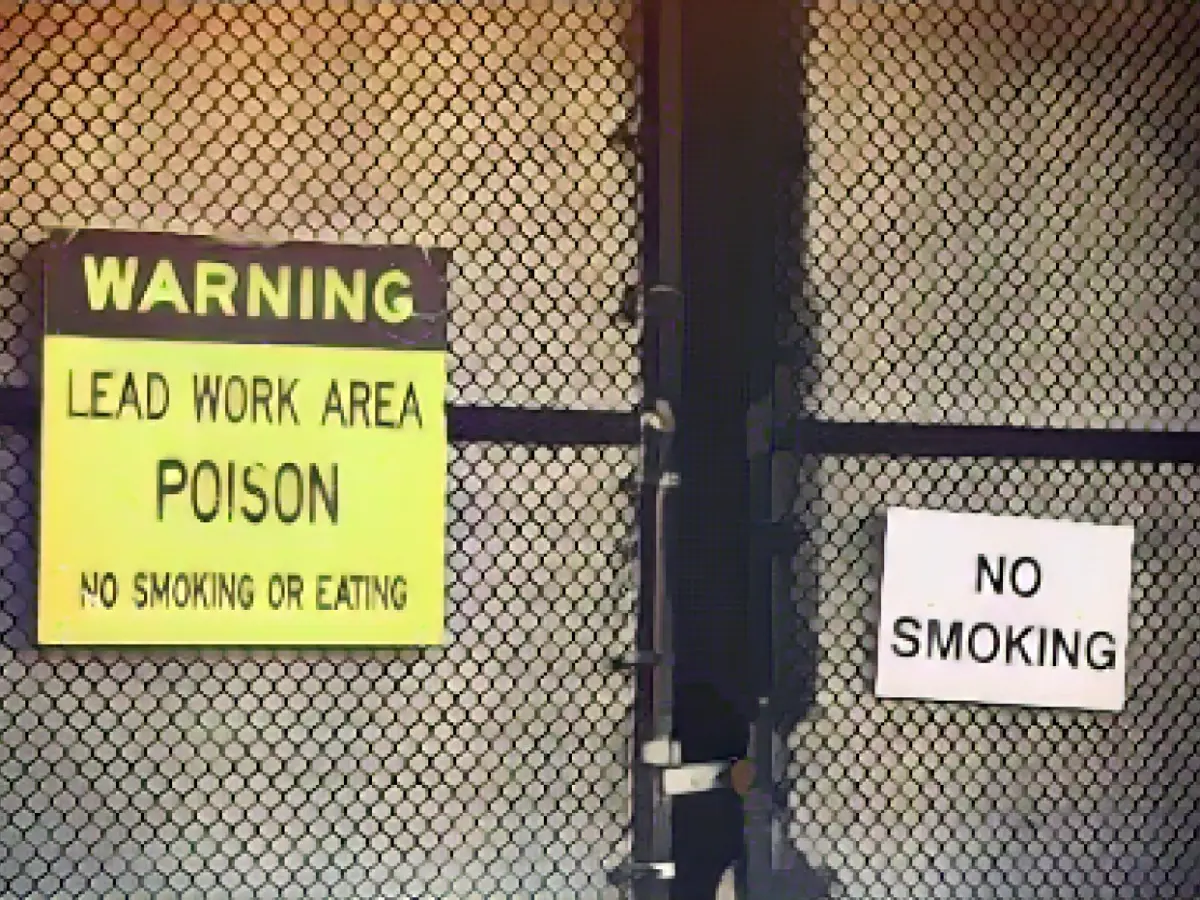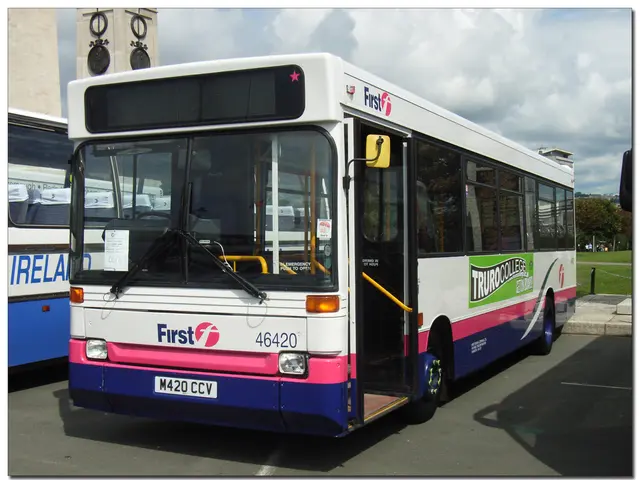The skyrocketing cost of lead poisoning treatment leaves hospitals in a predicament
At the heart of the issue? The latest version of the treatment now costs an astounding $32,000 per cycle - a nearly tenfold increase over the cheaper imported alternative.
Dr. Diane Calello, executive director of the New Jersey Poison Control Center, voiced her concerns. "Hospitals can't keep this medication in stock with such a staggering price," she explained.
Lead poisoning, though relatively uncommon in the United States, particularly for children, still occurs. High levels of lead in the blood can cause seizures, comas, and brain swelling (encephalopathy). When hospitals run out of this medication, they have to scramble to find or purchase it, often taking days. "In a critical situation, two or three days is too long," Calello said.
In 2016, toxicologists reported a jaw-dropping 2,700% increase in price to Congress. Valeant Pharmaceuticals, which acquired the drug's manufacturer in 2013, hiked the price from around $1,000 to nearly $27,000 per treatment cycle.
Martin Shkreli, once notorious for his role as the "Pharma Bro," gained infamy by dramatically increasing the price of a decades-old medication by 5,000% overnight. Valeant used similar tactics for numerous medications, causing public and congressional backlash. In 2018, the company changed its name to Bausch Health.
In 2021, shortages of Calcium Disodium EDTA resulted from price increases and public reaction. The FDA permitted the import of a French version of the SERB-owned BTG Pharmaceuticals as an alternative for US hospitals only when other options weren't available. The wholesale price for this version? A more manageable $3,500.
Bausch continued manufacturing its own version of the drug. When Rising Pharmaceuticals obtained FDA approval to market its US version of Calcium Disodium EDTA in 2022, it put an end to the possibility of importing the French version that cost significantly less.
The cost to procure Rising's medication for wholesalers is over $32,000 per line, according to Erin Fox, an expert on drug shortages and assistant director of pharmacy at the University of Utah Health.
"We've got a long way to go in solving the high drug price problem in the United States," Calello said.
Dr. Aaron Kesselheim, a Harvard Medical School professor and director at Brigham and Women's Hospital, added, "The astronomic price increase is not limited to a single company but is part of a broader, systemic problem."
"Government-backed investment in lifesaving medications could provide alternatives to the pharmaceutical industry's profit-driven decisions that pose a threat to patients," he said.
Rising Pharmaceuticals did not respond to CNN's request for comment.
The expense of refilling recommended EDTA doses in a hospital could reach nearly $50,000, estimated Kait Brown, clinical director of Poison Centers of America.
"We're dealing with the reality that hospitals may only have limited resources for storing these treatments," Brown said.
EDTA is one of three primary medications used in chelation therapy when blood lead levels are excessively high - typically above 45 micrograms per deciliter. Dr. Kevin Osterhoudt, medical director of the Poison Control Center at Children's Hospital of Philadelphia, explained, "Lead can be described as a thief that infiltrates children's homes and steals their potential, as even small amounts of lead are toxic to brain cells and nerves and can lead to lower IQ scores and cognitive deficits."
Footnotes - See
[1]: "Martin Shkreli, 'Pharma Bro,' Known for High Drug Prices, Ordered to Forfeit $64.6M" - CNN, 2018-05-09 [2]: "FDA Allows Import of Lead Poisoning Treatment Amid Drug Shortages" - CNN Health, 2022-10-27 [3]: "Pharmaceutical Industry's Profit-Driven Decisions Pose Threat to Patients" - Ideas@Frontline, 2023-02-08 [4]: "Lead Poisoning: Symptoms, Causes, and Treatment" - National Institute of Environmental Health Sciences (NIEHS), 2023-01-22








